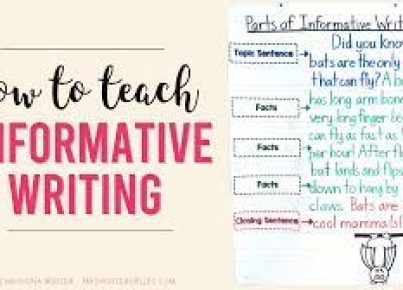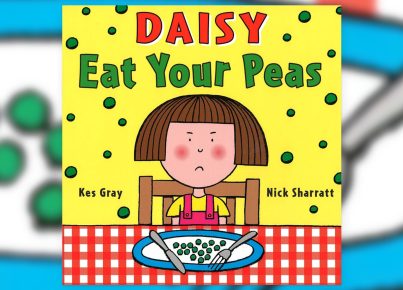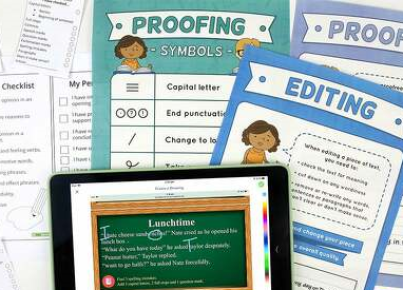Introduction:
As an educator, I am continually looking for new and creative methods to engage my students. One approach I have found particularly effective is incorporating dialogue in my lessons to help students better understand writing concepts and foster their ability to empathize with one another. Here are three ways I use dialogue to benefit my students’ learning experience.
1. Dialogue Journals:
Dialogue journals are a form of written communication that allows students to interact with each other through a series of written exchanges. I assign each student a partner, and they take turns expressing their thoughts, opinions, and emotions in written form. This method encourages reflective thinking and develops essential writing skills like organization, clarity, and elaboration.
Moreover, dialogue journals help students understand each other’s perspectives by providing an opportunity to share thoughts and ideas freely without the pressure of public scrutiny. This fosters a sense of empathy for their peers by allowing them to see the world through another person’s eyes.
2. Role-Playing Exercises:
Role-playing is a dynamic way to practice dialogue and communication skills while reinforcing understanding of various writing concepts. For instance, I assign students the roles of characters with different personalities or viewpoints within a fictional story or real-life scenario. They must then engage in a conversation while staying true to their assigned character’s persona.
Role-playing exercises facilitate experiential learning by immersing students in the creative process. It also helps them develop empathy as they put themselves in another person’s shoes and consider diverse points of view.
3. Peer Editing Using the Socratic Method:
The Socratic Method is a dialectical approach to questioning that fosters critical thinking, as it requires participants to analyze concepts from various angles. When teaching writing, I ask my students to pair up for peer editing sessions using the Socratic Method.
During these sessions, one student acts as the writer while the other assumes the role of the questioner. The questioner engages the writer in a probing conversation about their writing, with a focus on issues such as structure, coherence, and style. By actively discussing and justifying their choices in writing, students gain valuable insights that help them improve and refine their work.
Conclusion:
Incorporating dialogue into my teaching strategies has proved invaluable in assisting students to gain a deeper understanding of both writing and empathy. Through dialogue journals, role-playing exercises, and peer editing using the Socratic Method, they not only develop essential writing skills but also learn to appreciate different perspectives. This not only transforms their written work but also has powerful implications for fostering empathy and a more inclusive learning environment.





